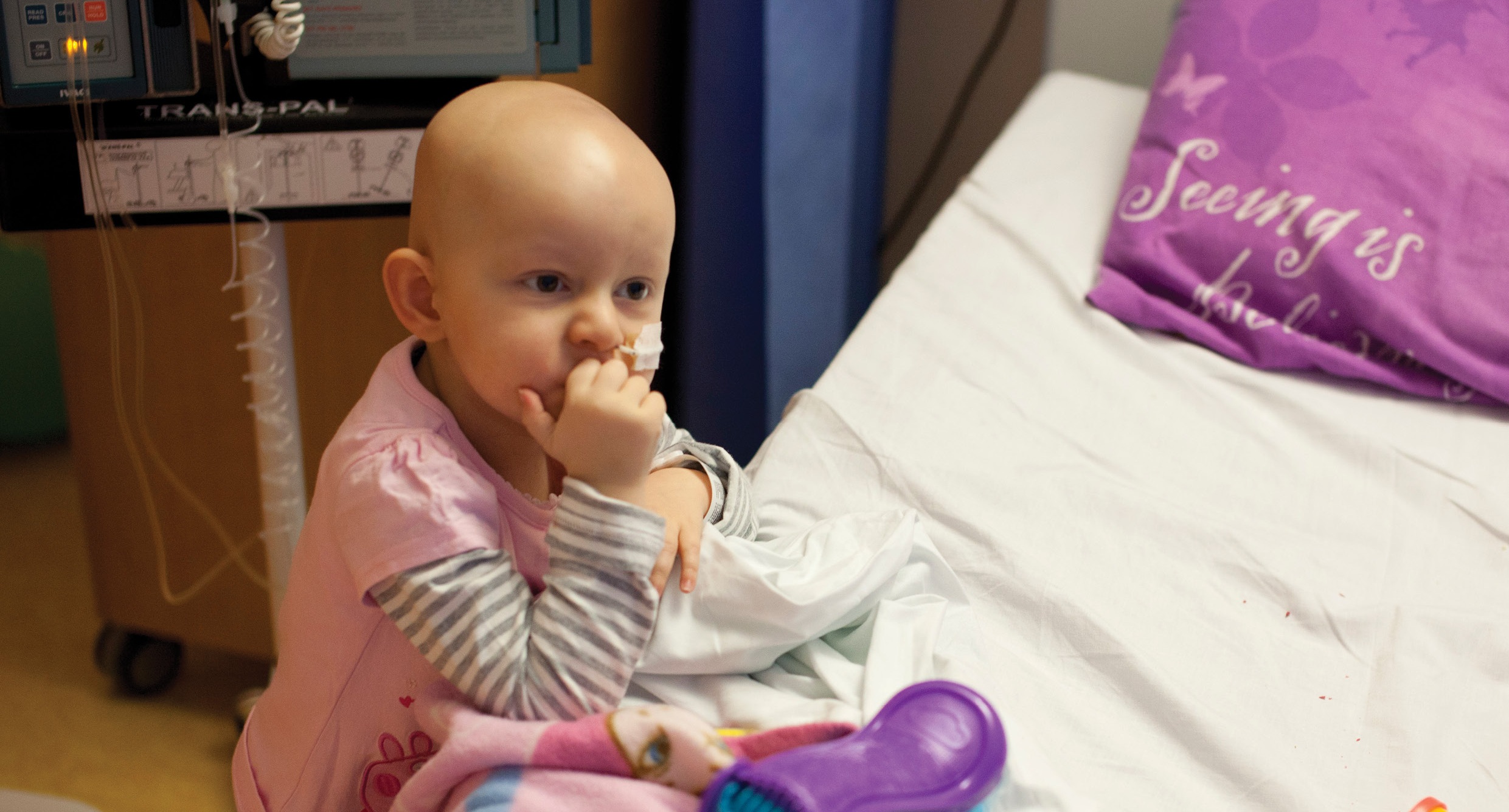
INFORMATION GUIDES
Navigating a Neuroblastoma Diagnosis
No parent is ever prepared to hear that their child has neuroblastoma. The shock of the diagnosis, coupled with the overwhelming world of medical terminology and uncertainty, can make an already difficult time even more challenging.
At Neuroblastoma UK, we understand just how difficult this journey can be. That’s why we’ve partnered with a range of incredible charities and supported meaningful projects to develop resources that aim to ease the path ahead. Whether you’re facing a new diagnosis or navigating a relapse, we’re here to support you with clear, compassionate guidance - every step of the way.
A Guide to Neuroblastoma - A guide for parents and carers
“The Parent’s Guide to Neuroblastoma was the single most informative, useful and non-scary document I was able to refer to.”
FREE RESOURCE
Published: Feb 2025 | Next review: Feb 2028
This guide has been written with the help of experts and parents. It aims to help parents and carers following their child’s diagnosis and gives specific information about neuroblastoma, its treatment and possible side effects. This guide gives a general overview of neuroblastoma and will act as a helpful reminder for any discussions you have with your child’s treatment team.
There is a lot of information in this guide and it may be helpful to read it in small sections. Much of this will be new and may feel overwhelming. We hope this guide will help answer some of your questions so that you understand more about neuroblastoma and its treatment. Don’t be afraid to talk to your team about anything that you don’t understand or would like to discuss in more detail. It is important to remember that every child is an individual and your child’s specific diagnosis must always be discussed with the treatment team caring for them.
You can order free physical copies of this publication, or you can download the digital version.
How this resource was made
This booklet was reviewed by Professor Deborah Tweddle (Professor of Paediatric Oncology, Newcastle, and Medical Trustee of Neuroblastoma UK), Helen Pearson (Advance Nurse Practitioner Solid Tumours, The Royal Marsden, Surrey and Chief Nurse at Solving Kids’ Cancer UK), Dr Tom Jackson (NIHR Clinical Lecturer, UCLH, London), Dr Aditi Vedi (Consultant Paediatric Oncologist, Addenbrookes, Cambridge) and the Solving Kids' Cancer Parent Involvement Forum on behalf of the CCLG Information Advisory Group, comprising parents, survivors and multi-professional experts in the field of children and young people's cancer.
This booklet has been funded in partnership with CCLG and Solving Kids' Cancer UK.
Treatment for relapsed or refractory neuroblastoma
FREE RESOURCE
Published: Feb 2025 | Next review: Feb 2028
This factsheet is written to help you find out about what treatment options may be available and the kinds of support which may help you to decide what is right for your child.
Choosing which treatment is right for your child will depend on a number of things, including where their disease is and what treatment they have previously been given. Your child’s own doctor will be able to help you decide which is the most appropriate treatment for your child at this time.
You can order free physical copies of this publication by adding it to the cart, or you can download the digital version.
How this resource was made
This factsheet was reviewed by Professor Deborah Tweddle (Professor of Paediatric Oncology, Newcastle, and Medical Trustee of Neuroblastoma UK), Helen Pearson (Advance Nurse Practitioner Solid Tumours, The Royal Marsden, Surrey and Chief Nurse, Solving Kids’ Cancer UK), Professor Juliet Gray (Consultant Paediatric Oncologist and Chair of the UK Neuroblastoma Group, Southampton Children’s Hospital), Dr Aditi Vedi (Consultant Paediatric Oncologist, Addenbrookes Hospital, Cambridge), Dr Tom Jackson (NIHR Clinical Lecturer, UCLH, London), Sarah Brown (Paediatric Oncology Trainee, Southampton Children’s Hospital) and the Solving Kids’ Cancer Parent Involvement Forum on behalf of the CCLG Information Advisory Group, comprising parents, survivors and multi-professional experts in the field of children and young people’s cancer.
This booklet has been funded in partnership with CCLG and Solving Kids' Cancer UK.
Redmapp - Supporting parents of children with neuroblastoma.
The Redmapp Website is designed to support families facing the difficult decisions that come when their child is faced with uncertainty associated with more complex cases of neuroblastoma.
In the UK, there is an extensive standard frontline treatment plan for high-risk neuroblastoma, involving multiple types of therapy. Because of the complexity of neuroblastoma, there can often be deviations from this plan depending on various factors such as where the disease is located or how it responds to different interventions. In addition, in around half of cases of high-risk neuroblastoma, the disease will not respond to the standard treatment pathway (known as refractory) or may return later (known as relapse).
In these circumstances, parents are often faced with many treatment and care options that lead to difficult and distressing decision-making processes. Helen Pearson, Advanced Nurse Practitioner at The Royal Marsden Hospital, has been working with parents to understand the impact of this through the Redmapp study.
Now, using her findings from the project, which involved detailed parent interviews alongside extensive literature review, Helen has developed the Redmapp website as an information and support tool for parents facing these difficult decision processes.
The website contains a wealth of information for parents dealing with a complex treatment pathway for their child with relapsed or refractory neuroblastoma. As well as signposting credible health information, you can find first-hand accounts from parents about their decision-making experiences and how it impacted them. There is also a range of support tools on the webpage including advice on allied health professionals, connecting with other parents, and perspectives from clinical psychologists.
This website has been funded in partnership with Neuroblastoma UK, Solving Kids' Cancer UK, University of Southampton and NIHR.





